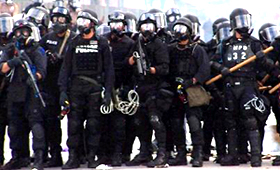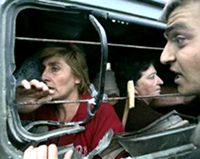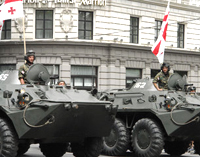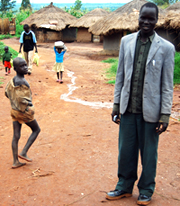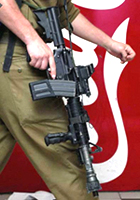
Making a Killing: The Military-Industrial Complex and Impacts on the Third World
In the late 1990s, well before Bush's 'war on terror', New Zealand TV screened a particularly awful US action drama called 'Soldier of Fortune Inc.', about an elite team (composed of former US Marines, Delta Force, CIA, British SAS personnel) who performed 'unofficial' covert missions for the US Government. They would get a briefcase full of money from a shadowy military liaison and head to the Middle East, Latin America, Haiti, or the Balkans, or smoke out foreign agents and assorted enemies within the USA, missions for which Washington could claim plausible deniability because none were active duty soldiers. It was a dirty job, but someone had to do it to keep 'US democracy' safe, for a price. Sounds familiar?

